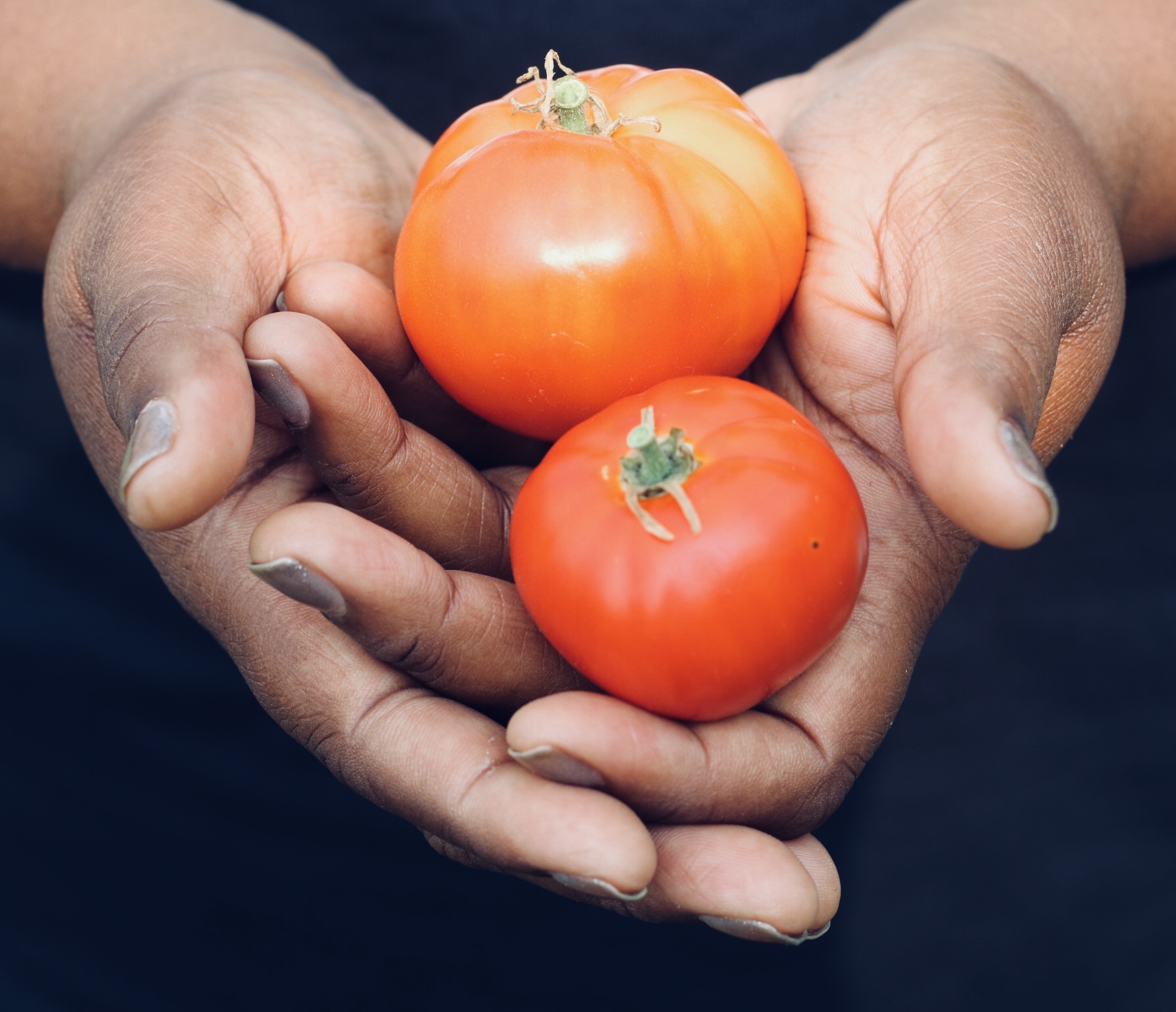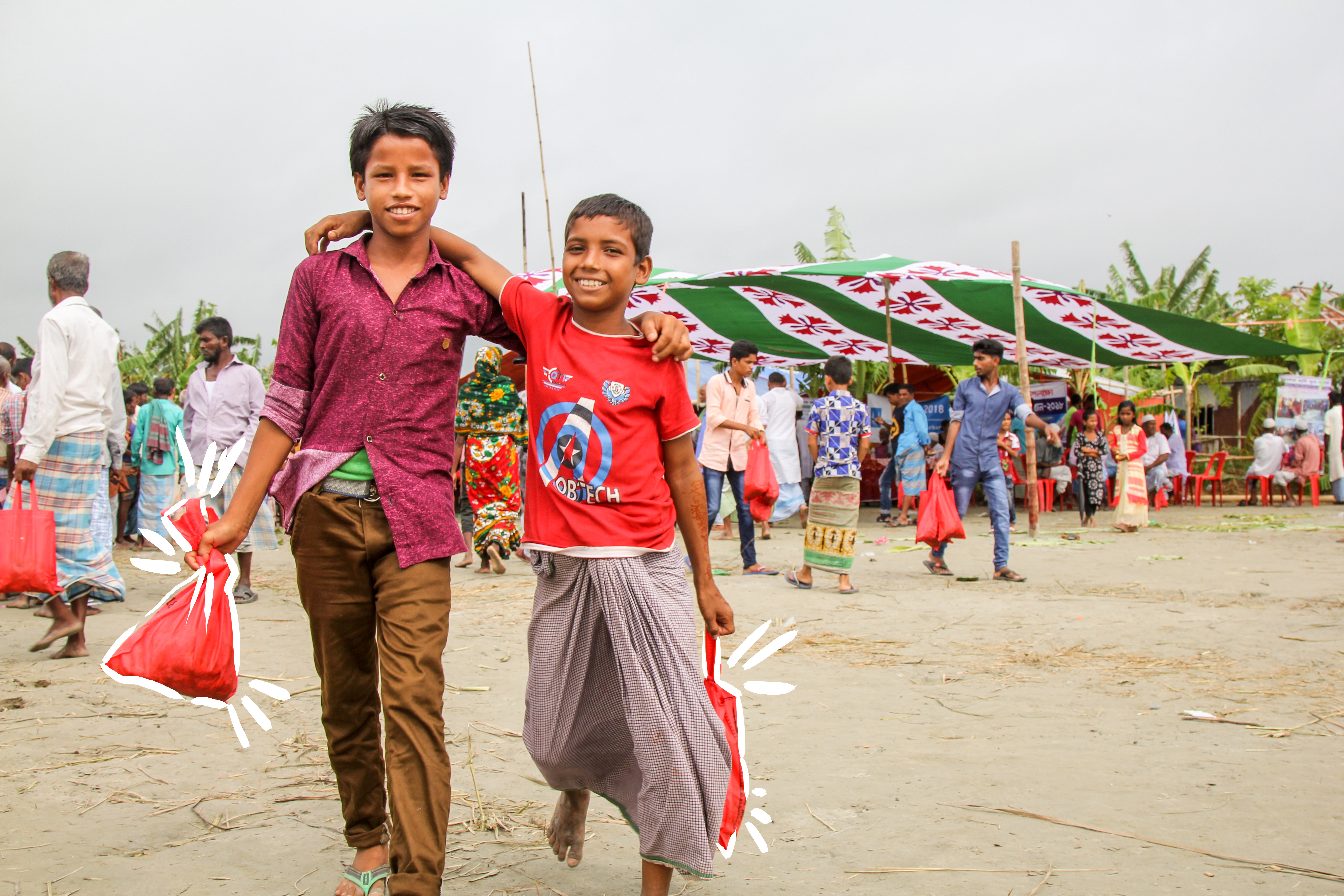Delivering Aid in Syria: Brave in the Face of Danger
Laura McAdams, international programs coordinator at IRUSA, recently spent a week at the Syrian border in Turkey, monitoring and evaluating delivery of aid IRUSA donors send to Syrians. Here is her report.

High risks come along with entering Syria these days. Those risks, along with remote living conditions along the Turkish border, mean that only the most passionate people work for Islamic Relief’s Syria operation. Mohammed Rebii, the operation’s program manager, is one of those people.
Mohammed works with a dedicated staff who together have decades of experience working in conflict zone and transitional areas like Gaza, Egypt and Libya. Together, they brave danger to deliver aid from donors in the U.S. and around the world to the Syrians who desperately need it.
I spent a week last month monitoring and evaluating programs at the Islamic Relief Syria office. I worked closely with Mohammed, asking him question after question about every aspect of his work: What do they need most? How do they inspect goods and ensure security? How do they choose who receives what?
For security reasons, I was unable to enter Syria myself to observe distributions and meet with the people we help, so I had to rely on Mohammed’s observations and descriptions. I was struck by how quickly he brushed off the personal security risks he undertakes each time he enters Syria. Simply speaking, he came to Turkey so that he could help ease the suffering of those most in need.

“The security situation is very difficult and my family is always worried, but the desperate personal stories I’ve heard stay with me,” said Muhammed, who is originally from Tunisia. “So many people’s lives literally depend on the food and supplies we distribute. I will stay as long as there are people who need us.”
Mohammed spends his time between Turkey and Syria. The Islamic Relief Syria operation’s office is not far from what used to be the busiest border crossing be
tween Turkey and Syria. Semi trucks still stretch for miles, but now they wait along the side of the highway for their turn to have their cargos searched and transit papers inspected. They can sometimes be left waiting for weeks. Islamic Relief and other humanitarian organizations providing cross-border support receive special permissions to skip to the front of the line, so food and supplies reach those in need as quickly as possible. At the office, Mohammad arranges and prepares for large shipments of materials like food, medicine, and basic household goods. The rest of the time he is inside Syria for days at a time, delivering goods and making sure everything goes to the right people at the right time.

One place where people know him well is in the Atma camp, visible from the distance as white swaths of land and on a distant hill. The white and green hillsides first looked so beautiful to me, until I learned that the white comes from hundreds of tents placed together, housing displaced people. Some Syrians living in the camp are waiting to cross into Turkey. Others, not ready to leave their homeland, find that camps near the border, while still dangerous, are less likely to be hit with missiles.
Mohammed is still affected by the first time he visited Atma, where he met barefoot children standing ankle deep mud and sewage after a hard winter’s rain. Since that first visit, Mohammed has been back countless times. Along with Atma’s leaders and community volunteers, Mohammed and Islamic Relief staff installed a community bathroom unit with proper drainage that contains toilets, sinks, and shower facilities. These bathroom units are located in the center of the camp. They’re well-lit and maintained by the community. They allow everyone access to safe water and sanitation, a most basic human right.
Mohammed and his team are reaching so many people: More than a quarter of a million people have received food packages provided by IRUSA in the past six months alone, and that’s just one part of Islamic Relief program activities. But what I was struck with was that, despite his positive and energetic demeanor, Mohammed’s descriptions betrayed a deep concern of the worsening situation. People have little money for food, and limited access to kitchen facilities to prepare the food they are able to get. There was no wheat harvest this year in the area of what used to be the breadbasket of the region, so prices continue to rise. Medical centers are understaffed and underequipped. Winter will mean cold and damp conditions, especially for those in tents and makeshift buildings. Millions of Syrian children have been out of school now for years, compounding on the psychological damage they may face even if they physically survive the conflict.

Mohammed has seen how life is so difficult for so many, and he’s ready to do more.
To see what other projects are underway to help those in Syria or how you can help click here



